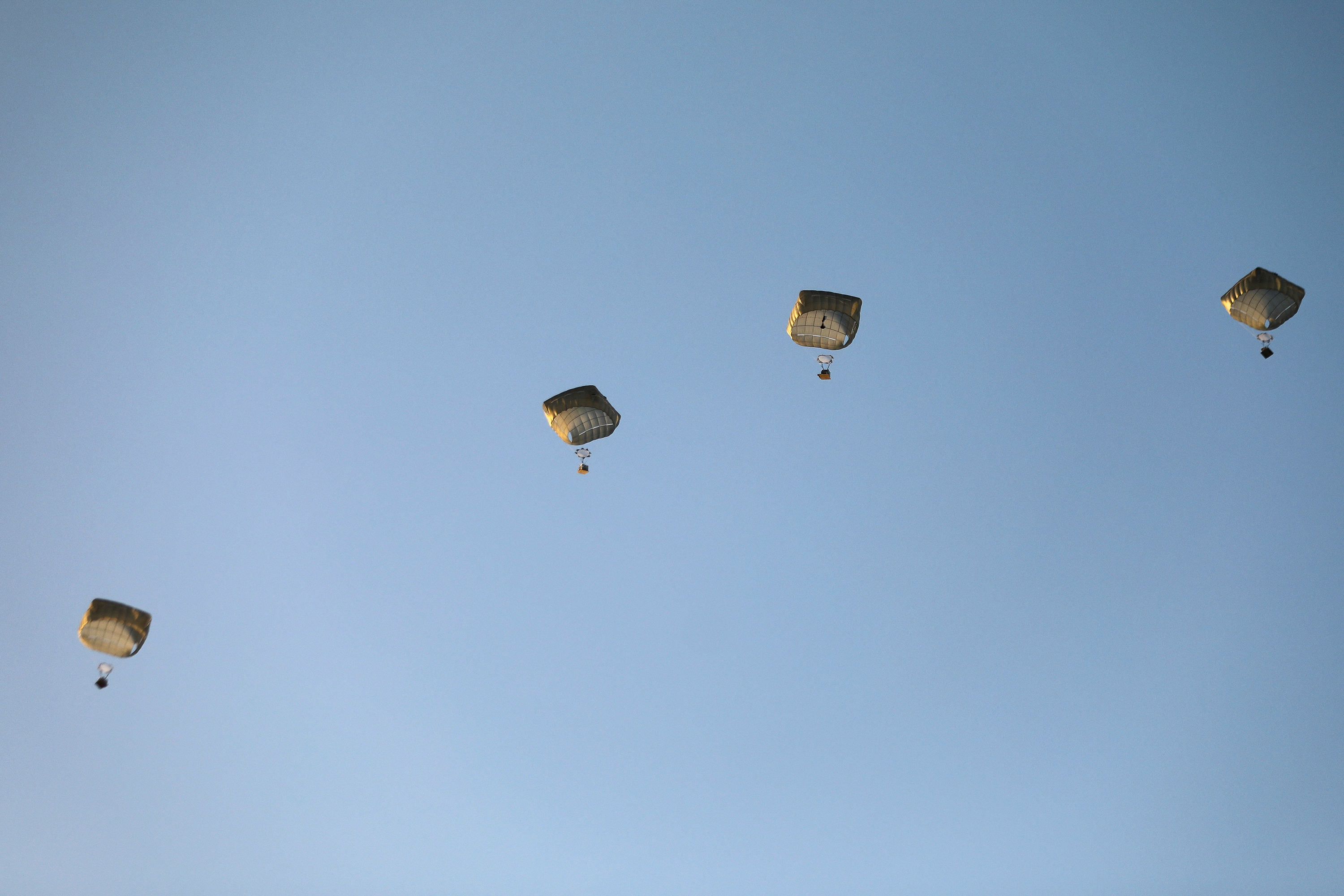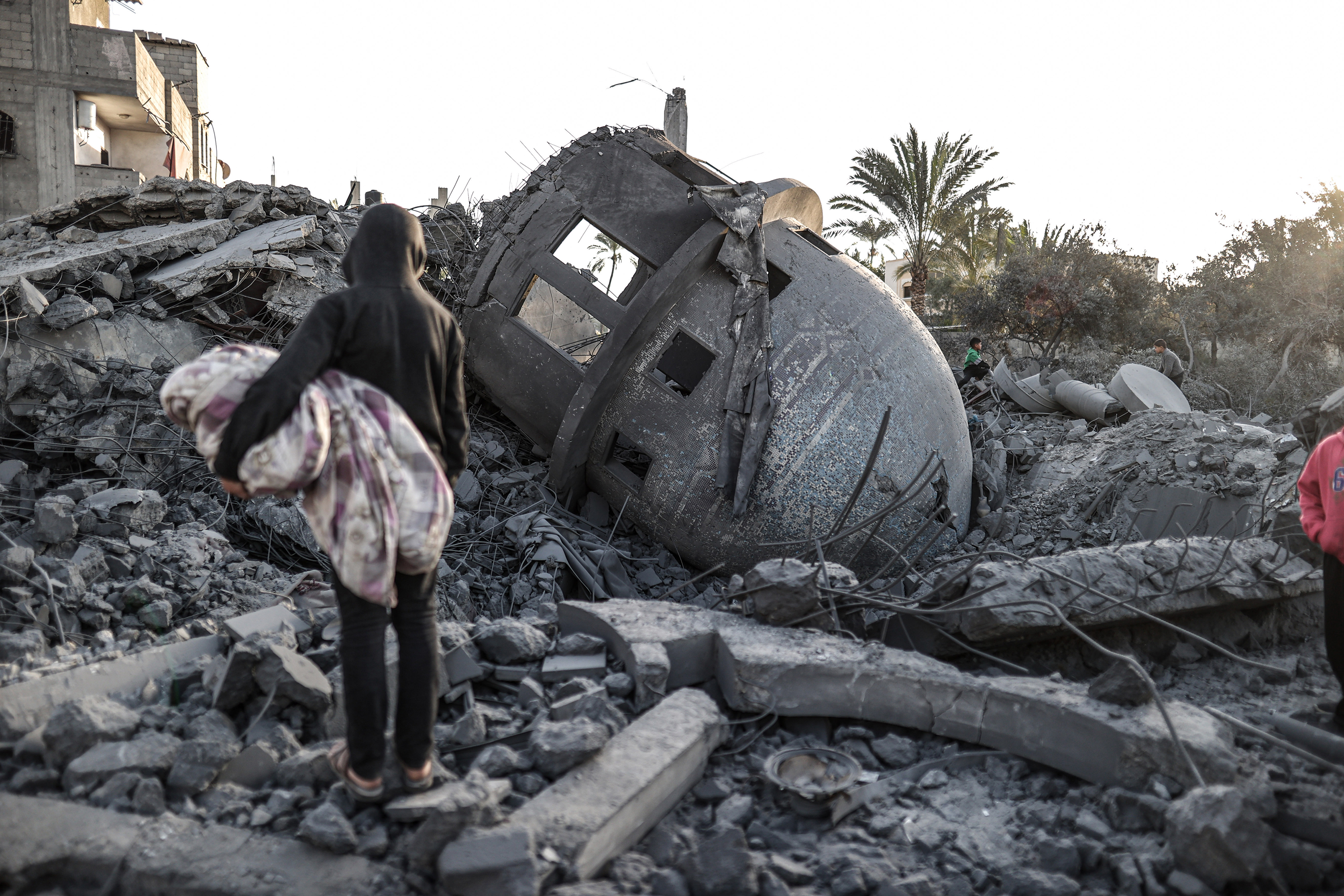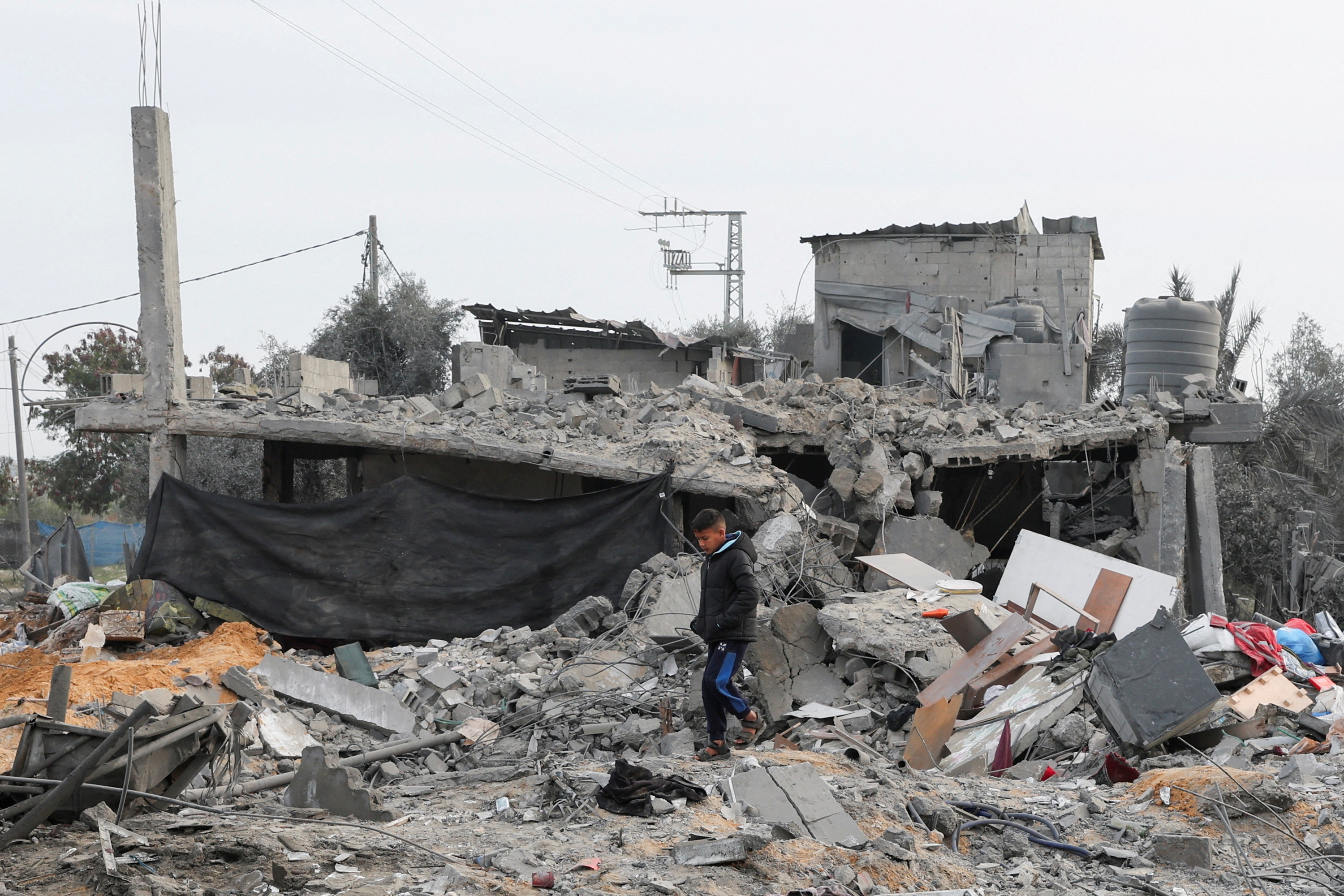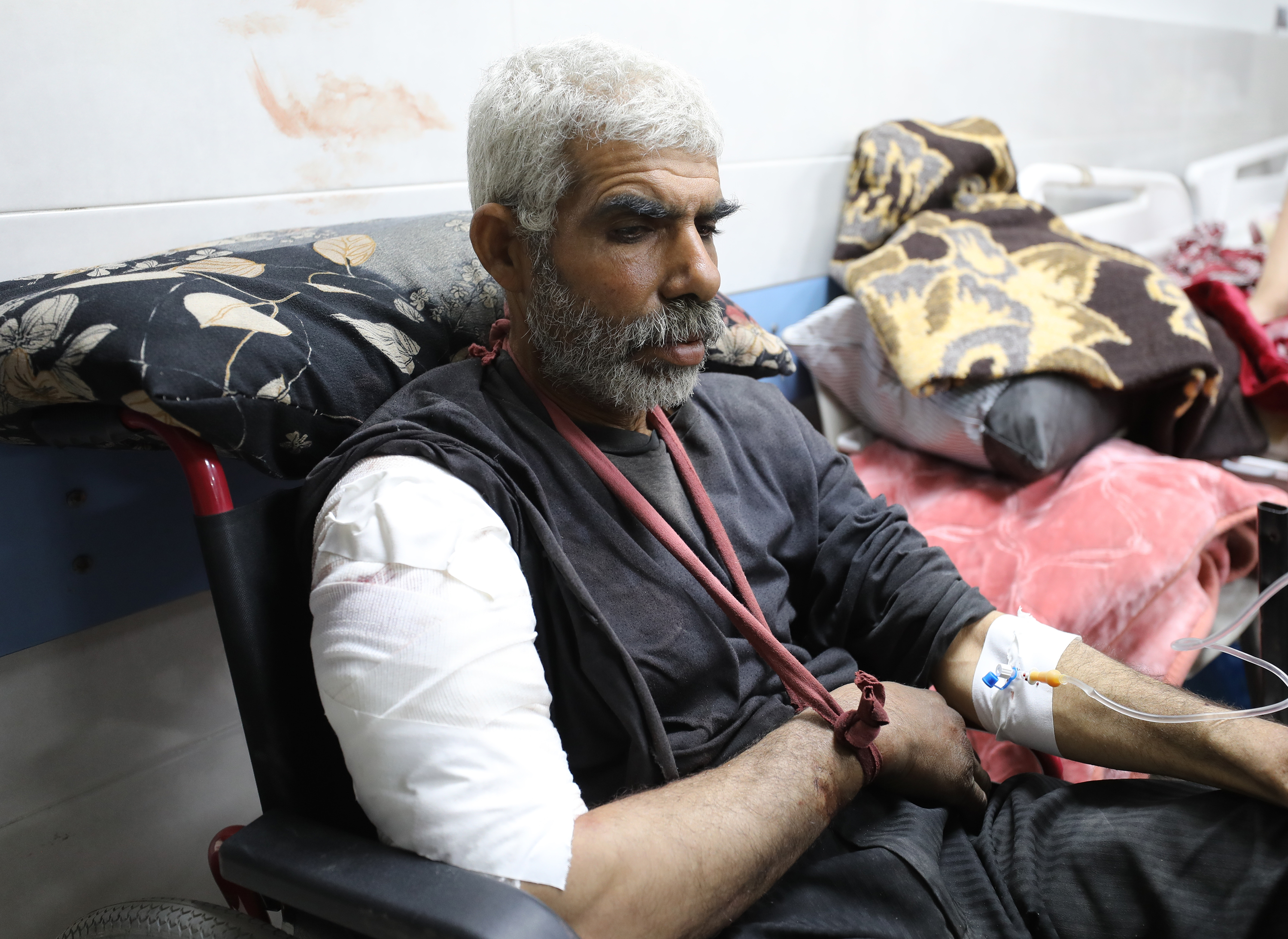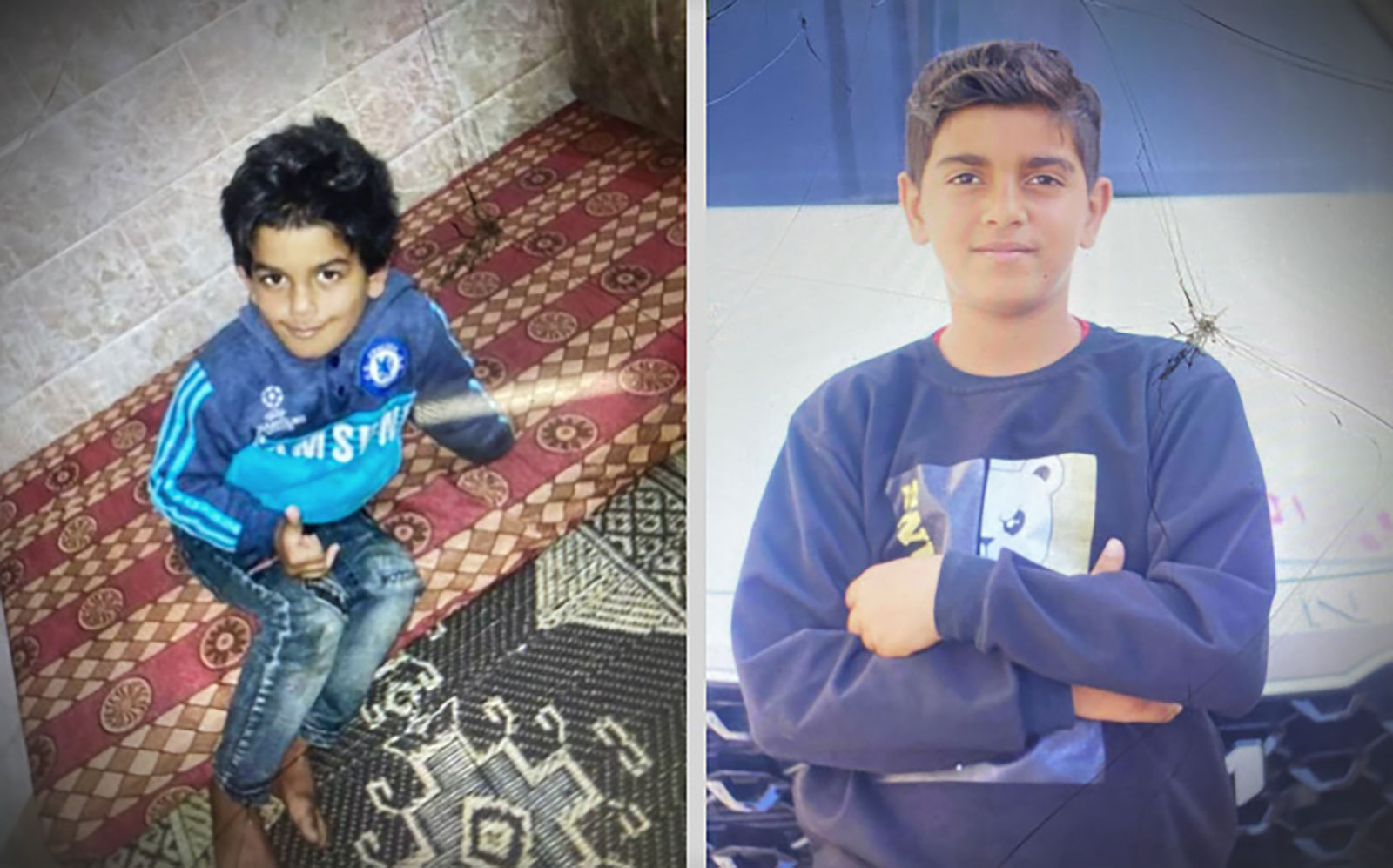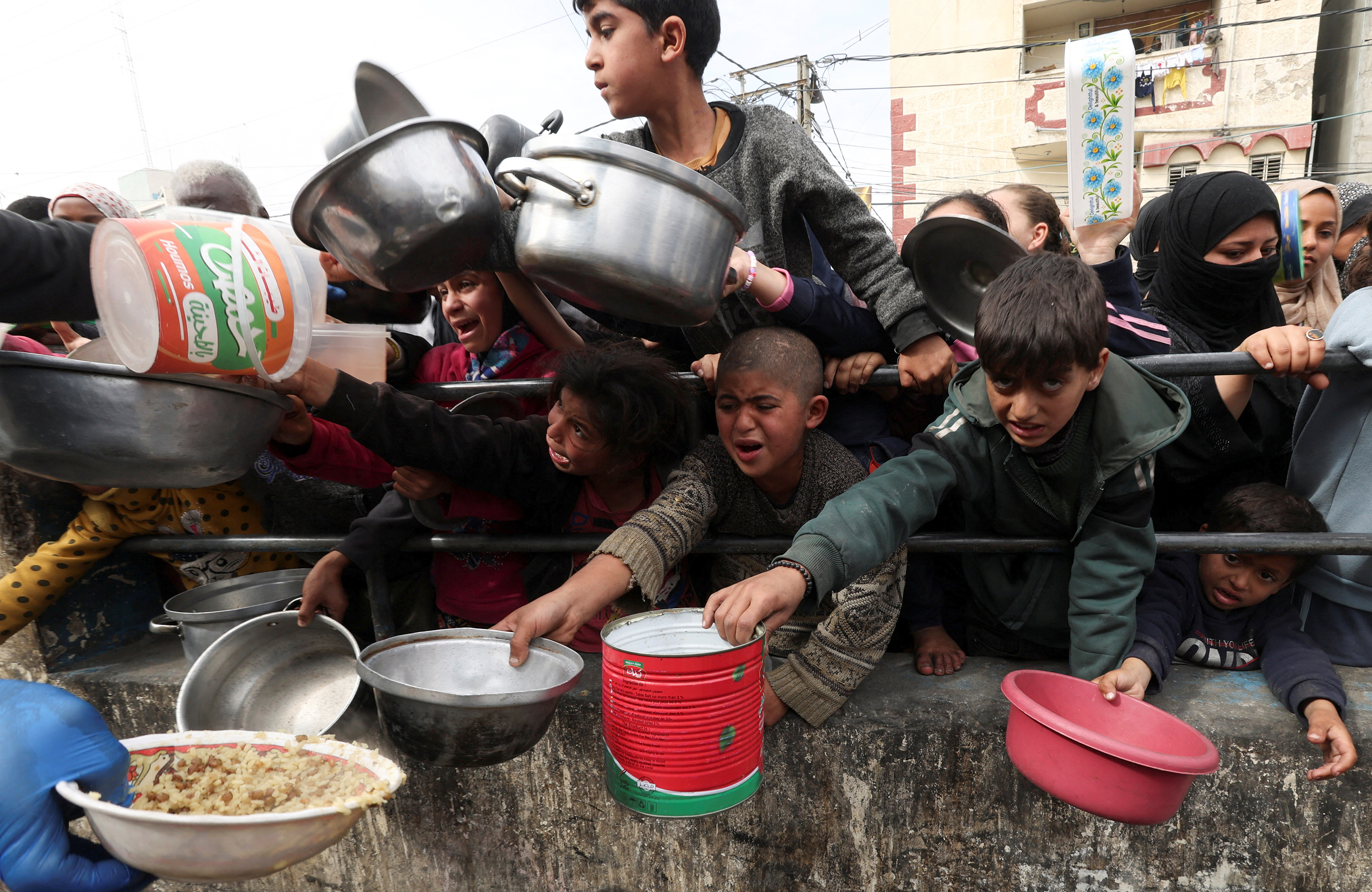
Aid agencies have criticized as ineffective US plans to drop food aid into Gaza, where the United Nations warns hundreds of thousands are on the brink of famine, and US ally Israel continues to obstruct the bulk of aid deliveries.
President Joe Biden announced the move on Friday, saying "nowhere nearly enough" aid is entering the enclave. The first drop was made Saturday morning, according to two US officials.
Here's what some humanitarian officials said after the plan was announced:
Richard Gowan, the International Crisis Group's UN director, said:
"Humanitarian workers always complain that airdrops are good photo opportunities but a lousy way to deliver aid. "It is arguable that the situation in Gaza is now so bad that any additional supplies will at least alleviate some suffering. But this at best a temporary Band-Aid measure."
Oxfam's Scott Paul wrote on X that the aid drops "mostly serve to relieve the guilty consciences of senior US officials whose policies are contributing to the ongoing atrocities and risk of famine in Gaza.
"While Palestinians in Gaza have been pushed to the absolute brink, dropping a paltry, symbolic amount of aid into Gaza with no plan for its safe distribution would not help and be deeply degrading to Palestinians."
"Instead of indiscriminate airdrops in Gaza, the US should cut the flow of weapons to Israel that are used in indiscriminate attacks, push for an immediate ceasefire and the release of hostages, and insist that Israel uphold its duty to provide humanitarian aid, access, and other basic services."
Brian Finucane, a senior adviser at the International Crisis Group, said on X:
"If the U.S. government disavows the use of any meaningful leverage to bring the Gaza conflict to a close, it is left with desperate and inadequate measures like this to try to address the resulting humanitarian catastrophe around the margins."
This post has been updated to reflect the first US airdrop was made Saturday.
